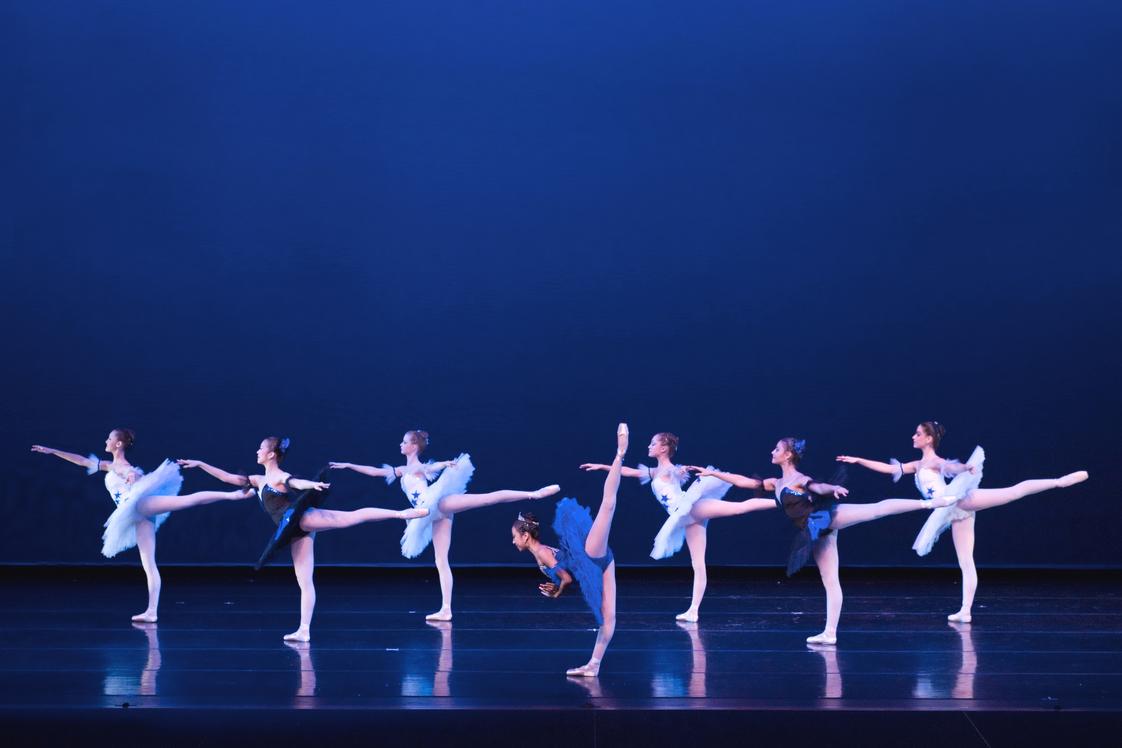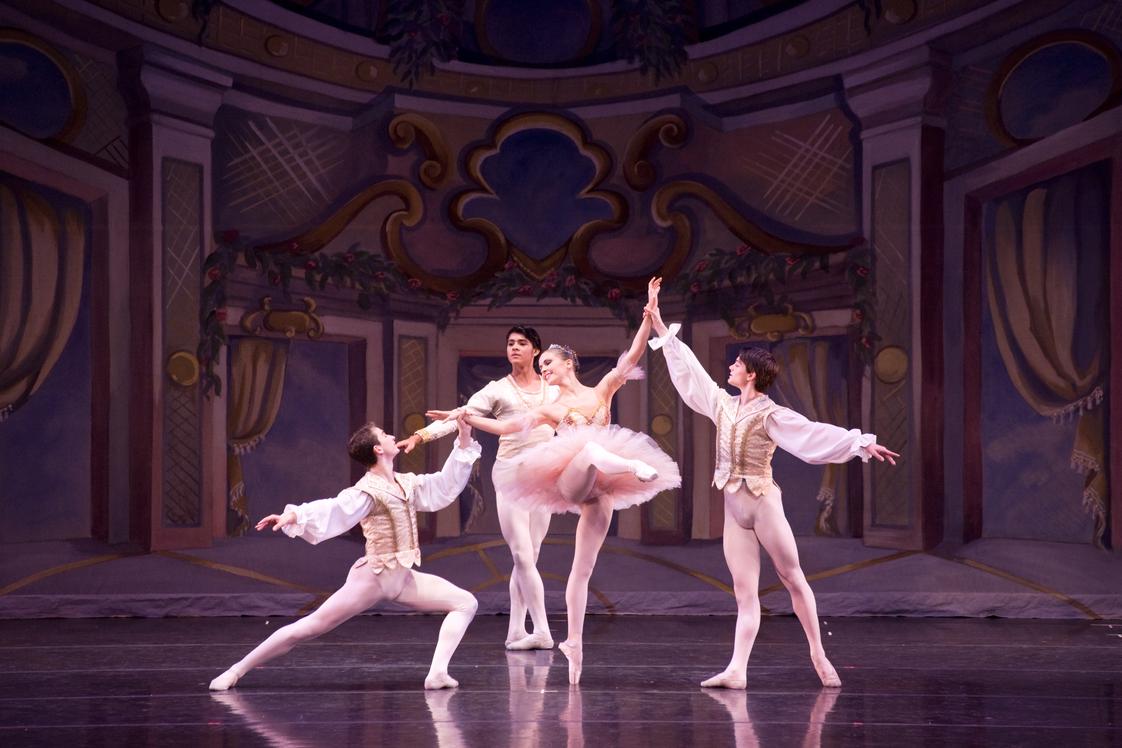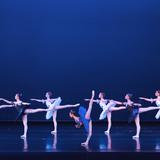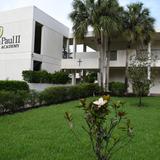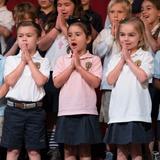The HARID Conservatory, in Boca Raton, Florida, was established in 1987 to provide superior professional training for gifted young dancers.
Students from across the United States and from other countries are selected for enrollment through audition.
Artistic talent and physical capability are the main criteria for admission. HARID is tuition free for all academic-year students.
Quick Facts (2026)
- School Type: School with Special Program Emphasis
- Grades: 9-12
- Average class size: 12 students
- Application Deadline: Mar. 15
- Source: Verified school update
School Overview
School Type
Religious Affiliation
Grades Offered
Grades 9-12
Year Founded
1987
Summer School Offered
Yes
Summer Program Details
School Calendar
Last Day of School
Wed. May 27, 2026
Student Body
Total Students
n/a
Student Body Type
Co-ed
Academics and Faculty
Total Classroom Teachers
10 teachers
Average Class Size
12 students
Number of AP/Advanced Courses
18 courses
List of Courses Offered
Matriculation DataMatric. Data
Classroom Dress Code
Formal
Tuition and Acceptance Rate
Admission Deadline
Mar. 15
Tuition Notes
All students admitted for the academic year attend tuition free.
Admissions Director
Janet Trivino, Executive Assistant
Application URL
School Notes
- School Motto: America’s tuition-free professional training school for gifted young dancers
- HARID offers high-school-age students comprehensive ballet training and an enriched academic education within a carefully supervised boarding-school environment. The four-year curriculum includes ballet and related dance courses (pointe, variations, partnering, men`s work); character, modern, jazz, and Spanish dance; Pilates; music studies; dance and music history; nutrition; kinesiology; ballet pedagogy; career-related seminars; and dance performance.
- Academic studies are undertaken on campus via a structured and supervised virtual-school program utilizing Florida Virtual School. Graduates receive a high-school diploma and, for those who qualify, a HARID Conservatory Certificate of Completion.
- Each year, a four-week Summer Intensive is offered for students 1316 years of age. Auditions for the Summer Intensive are held in January and February each year.
- HARID is accredited by ACCPAS and is recognized as a high school by the State of Florida. Florida Virtual School is accredited by SACS.
Source: Verified school update
Frequently Asked Questions
Does The Harid Conservatory offer a summer program?
Yes, The Harid Conservatory offers a summer program. Visit their summer school page for more information.
When is the application deadline for The Harid Conservatory?
The application deadline for The Harid Conservatory is Mar. 15.
School Reviews
Endorse The Harid Conservatory. Endorsements should be a few sentences in length. Please include any comments on:
- Quality of academic programs, teachers, and facilities
- Availability of music, art, sports and other extracurricular activities
- Academic or athletic awards
Recent Articles

A Parent’s Guide to 2026 High School Teaching Methods
Explore 2026 high school teaching methods, from AI integration to project-based learning, and what they mean for your teen’s success.

10 Misconceptions About Private Schools in 2026
Discover the top misconceptions about private schools in 2026, including cost, diversity, academics, and admissions realities.

Private Schools & Sustainability in 2026
Explore how private schools are advancing sustainability in 2026 through green campuses, eco-curriculum, and climate leadership initiatives.

